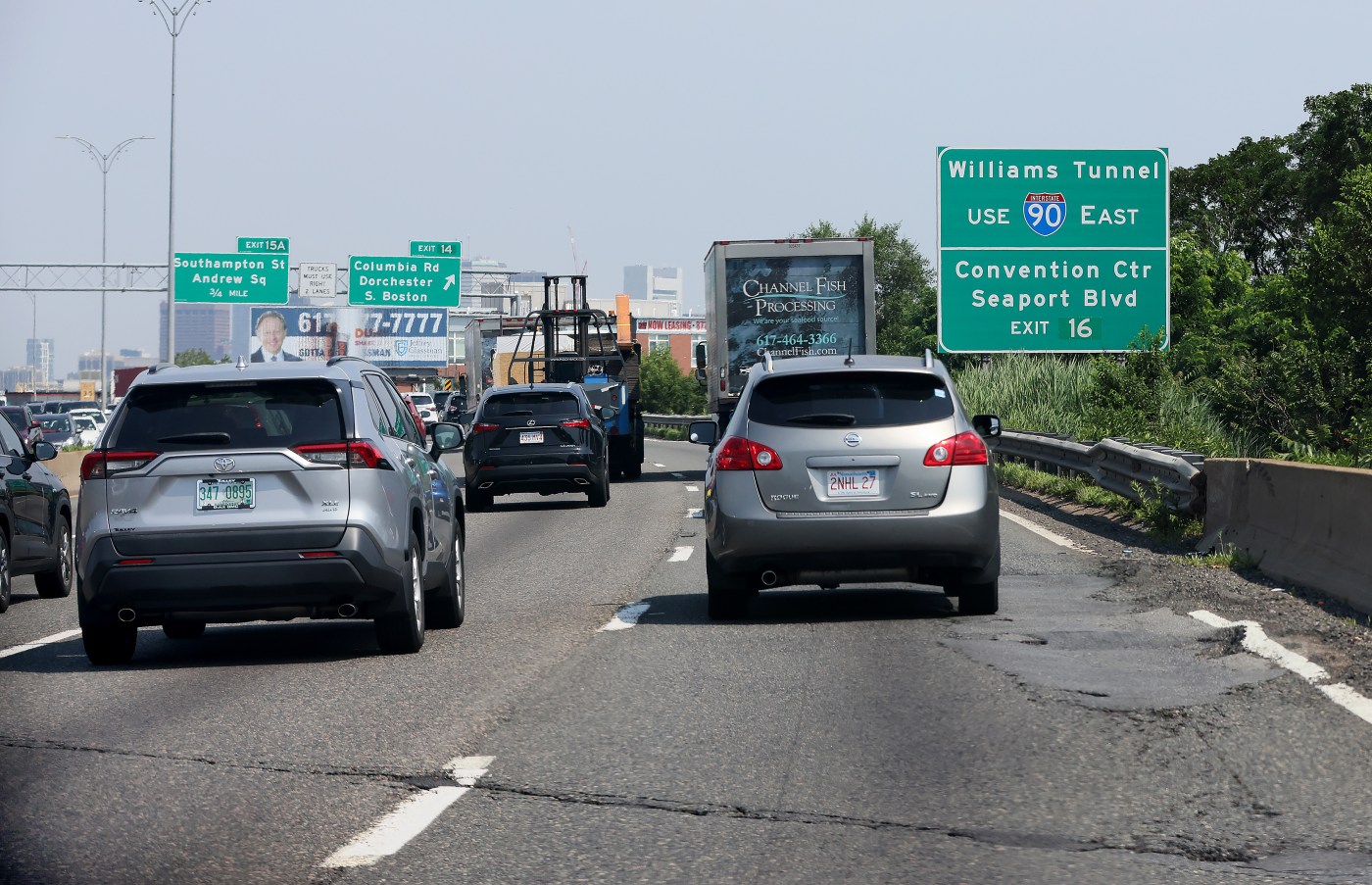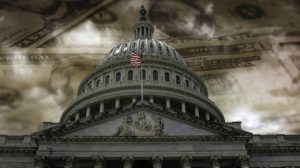
Editorial: Congestion pricing popular? NYC lawsuit says different
In calling for a hearing on congestion pricing in Boston, City Councilor Tania Fernandes Anderson’s order claimed “congestion pricing is just such a popular mechanism that is in the process of possible utilization in parts of New York and New Jersey, showing itself to be a prospective viable option for implementation within Boston.”
Popular? It depends on who you ask.
It’s anything but for the labor coalition representing New York City’s nearly 400,000 government workers — including uniformed cops, firefighters and other first responders, who’ve joined a federal lawsuit to block the $15 congestion toll to enter Midtown.
“We’re not coming into Manhattan once a week for dinner. We’re coming in every day to proudly serve the people of New York City,” Harry Nespoli, head of the NYC Municipal Labor Committee, told The New York Post earlier this month.
The presidents of the MLC unions voted to join the suit filed last month by the United Federation of Teachers union and Staten Island Borough President Vito Fossella.
That’s a lot of unhappy voters.
And even though New York is not Boston, there are some common threads.
“No one likes going into our pocket when we’re mandated to come in,” Nespoli added. “These are the people who make the city run.”
We’ve got them too, as well as people who do come into town for dinner and a show once a week, or to catch some of the world-class attractions the city has to offer.
The way it will work in NYC, as the New York Daily News reported, most motorists in most vehicles will pay a $15 toll. Motorcyclists’ base toll will be $7.50. Small box trucks will be charged $24, while big rigs will rack up a $36 base fee. Transit and commuter buses — whether operated by the MTA, another public agency, or a private company — will be exempt from the toll.
Larger tour or coach buses that do not operate on a fixed, regular route will be tolled as trucks.
So trucks that deliver food and other supplies to city restaurants and other businesses get whacked for $24 and coach buses, the kind that bring groups of tourists eager to see “Moulin Rouge,” will also see a hefty fee.
Are we sure we want to go this route?
Taxis are hit with a $1.25 surcharge per ride. Uber, Lyft and other rideshare drivers must pay a surcharge of $2.50. Passed on to their passengers, of course.
Rideshares are ubiquitous in Boston, and many rely on them for quick trips into and around the city. An extra $2.50 or so wouldn’t mean much. for someone trying to get from South Station to North Station in a hurry.
What congestion pricing would do in Boston, besides raise much-needed cash for the MBTA, is give employers another reason to let workers work remotely, and for potential companies to think twice before locating to the city.
The T needs money, that’s obvious. But most folks who live and work in and around Boston are trying to get by, keep a roof over their heads and put food on the table. They aren’t the city or state’s ATM — no matter how much the T needs the cash.
.
Editorial cartoon by Gary Varvel (Creators Syndicate)


